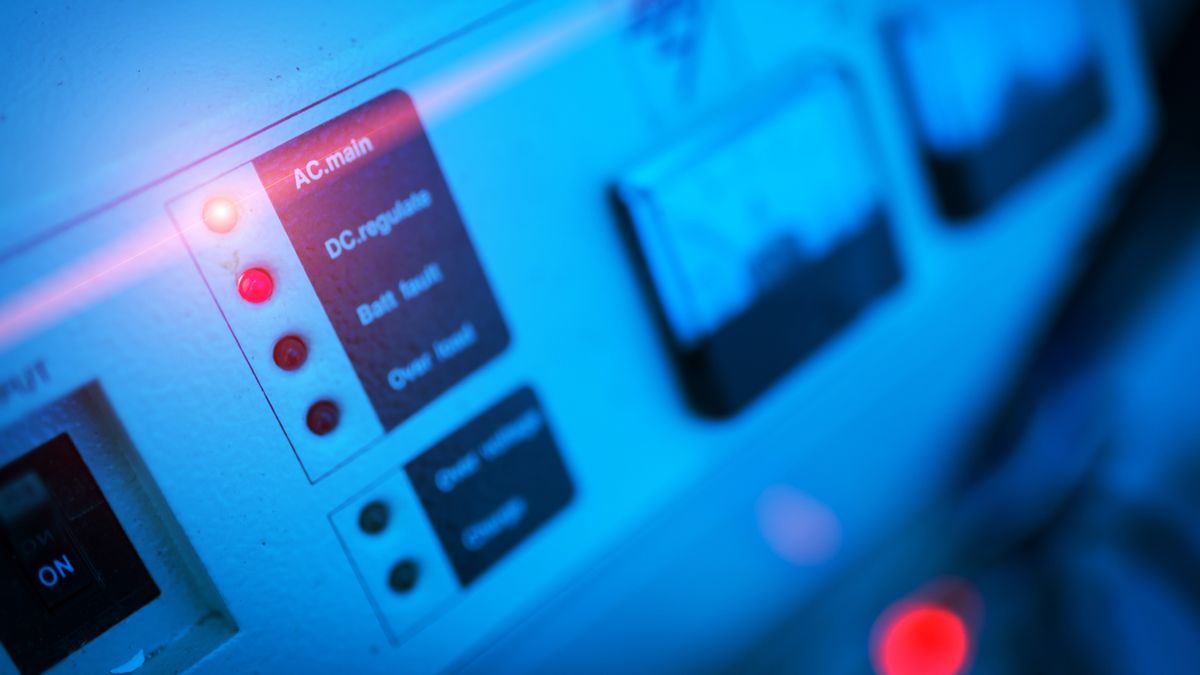idleprocess
Flashaholic
Some offer AC pass-through. Some even offer AC pass-through with UPS functionality.Those all-in-one battery inverter units can be very handy and it seems like one can be found that has AC pass-through? Or perhaps the rare times grid fails it is not that big a deal if the computer goes belly up when power stops?
But my reading of available units suggests that they make for mediocre at best UPSs:
- Switchover times tend to be well beyond the ~17ms of a single 60Hz AC cycle; bespoke UPSs tend to switch in the 5-12ms range
- Not all units that claim UPS functionality operate in AC pass-through mode - with those units you'll be running your load off of the AC-DC brick : inverter path all the time
- A number of units with UPS modes have unpredictable behaviors
It is thus for reasons of productivity that I'm leaning on a UPS recommendation; almost everything I do for work is via the computer's connectivity to the outside world. That and shorter outages are generally more common than long outages, thus eliminating corner cases makes for a more affordable solution. Some data points:
- Medium UPS (2*7.2Ah /173Wh DC) - 60 minutes : router, switches, PoE cams, access point
- Small UPS (1*7.2Ah / 86Wh DC) - Unknown multiple hours : ONT
- Medium UPS (2*5Ah / 120Wh DC) - 30 minutes : laptop + workstation + docking station + huge monitor
Backup power is expensive - like dollars per kWh expensive. The upfront cost is significant, most solutions require some degree of maintenance, and you generally only need it for a few hours a year.Yep, I doubt he'd want to go through all this time, money, or both just for possibly a few hours a year, if that. Like I said though, I'll show him this and he can decide.
We live outside of town and have a different electric company, which I feel is slightly more reliable. We're all city people, though I have more rural experience than the rest. My wife and I thought about a generator setup when we first moved in almost 18-years ago.
The generator setup I opted for was pretty minimal : 2x portable inverter generators, parallel kit, inlet, interlock breaker. I spent about $1500 all told and it's run all the important 120V circuits without issue when called upon. Arguably doesn't improve the value of my house by much but also wasn't an automatic whole-house generator costing 10x as much with serious annual operating expenses. I had previously considered the sort of homebrew solution (batteries + inverter), but the cost to power just the home office would have been similar with greatly reduced capabilities and less flexibility. The necessity has faded since my employer has again opened an office locally but I'm still glad to have the ability to run 120V throughout my house.



